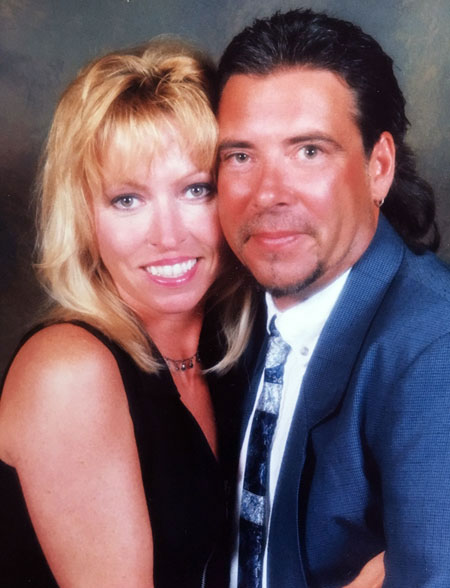

In the beginning this was my biggest confusion. What is Wrongful Death, who is responsible for Wrongful Death? What is the difference between Criminal and Wrongful Death/Civil? This is what I learned.
A wrongful death action is an action taken by Family or Executor of the Estate (see Estate/Probate) against the perpetrator (defendant).
YES and you do not need criminal resolve to file, yet certain criteria needs to be proven to hold perpetrator responsible.
1) Lack of duty (care) to victim. Which means you need to show there was a lack of "sensible" care that could predict harm to others.
2) This breach of care was a direct cause of death.
3) The death caused the Plaintiff (the one filing suit) damages such as loss of income to a wife if her husband was killed, pain and suffering.
Of course, the perpetrator, but there are variables in this. Firstoff, does the perpetrator have insurance or own a business/home?
Their insurance company is only responsible for the bodily injury policy limits. The perpetrator would then be sued personally in a wrongful death action.
No net worth, no wrongful death action unless you want to attack wages and future income. If this is the case,a wrongful death attorney will charge you to process the action.
In this case both are responsible for Wrongful Death if the perpetrator is named on the insurance policy. If the vehicle was stolen, then it is a different scenario.
If you are not sure who is insured or who the insurance company is, you can get a copy of the accident report and it should be noted.
Wrongful Death is an action taken by the family and or Executor of an Estate (see Estate/Probate).
Criminal is the process the Prosecutor or State Attorney’s office should be taking to ensure charges are processed on the perpetrator (see standard protocol).
We the people have a constitution and must always remember that! Our constitution was written to protect the people from the government. So why would the Supreme Court give judges, prosecutors and lawmakers “absolute immunity” (see standard protocol) or did they?

A year after Frank’s homicide I finally realized what a prosecutor was and over the next 2 years, after selling our home and heading east, I studied the Constitution and have found some very interesting information, information that will hold rogue prosecutors responsible.
Many of us have heard “there is no double jeopardy in this country”. Well, that may not always be the case!
The 5th amendment requires that prosecutors be thorough and complete. If they do this then you cannot be charged again. If as in my case the prosecutor tampered, obstructed with evidence, then the investigation is not thorough and complete, therefore the accused is not safe from double jeopardy.
It also provides two main protections for the accused and victims, which requires elected officials to follow fair procedures without depriving a person of life, liberty, property and due process! If you feel a prosecutor has violated “standard protocol” or if they have tampered/obstructed in your case, then they are violating your constitutional rights, your right to liberty, freedom from despotic control.
In both above circumstances, a prosecutor who violates one or both 5th amendment protections, they are committing a “Color of the law” violation which is a crime.
If any of your above rights have been violated, then your next step is to file a federal complaint (DOJ). Under the constitution the penalty is imprisonment or death as our forefathers felt this crime to be as severe as I do.
This is the most important piece of the puzzle that I found missing completely after my husband was killed. State Attorney’s (SA), Assistant State Attorney’s (ASA) and District Attorney’s (DA), all known as Prosecutors and those we vote into office, have a standard of duty they must follow when a loved one is killed or injured.
Failure of any elected official to follow through is a violation of most State Constitutional Rights and possibly a violation of our Constitution, 5th amendment (see your rights/constitution). And as in my case, if a prosecutor does not contact next of kin in a homicide, they are violating the 14th Amendment. In 1976, the Supreme Court decided to give prosecutors, judges and lawmakers “absolute immunity”, which has become a huge problem in our country. This immunity is the reason why so many of us are experiencing rogue prosecutors and or bad judges. It leaves them wide open to corrupt behavior and too much control.

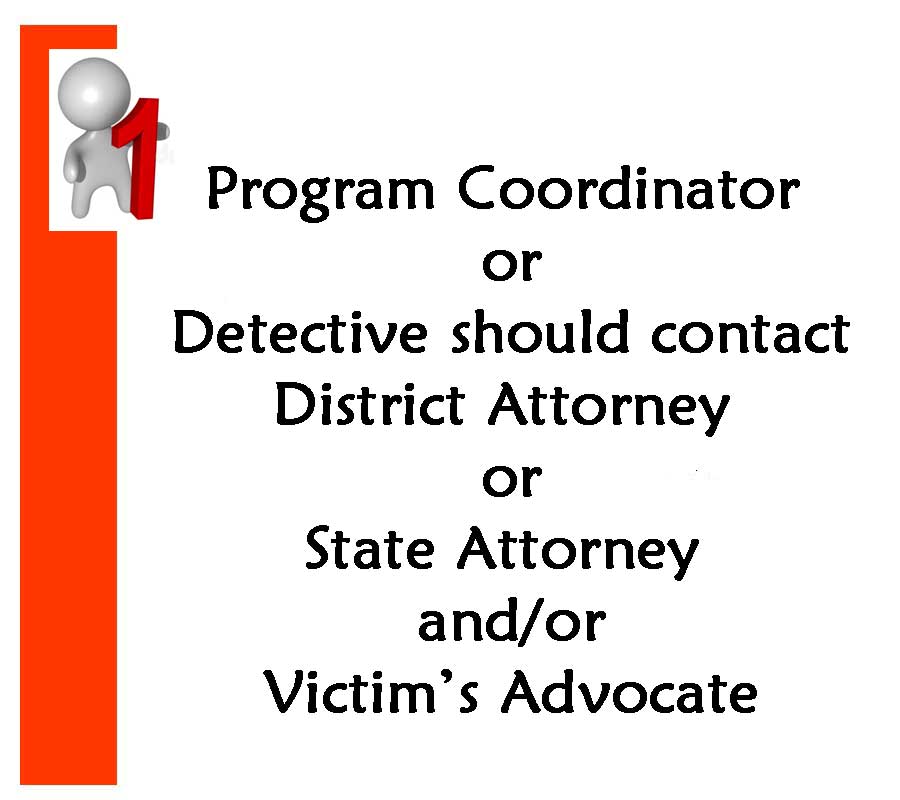
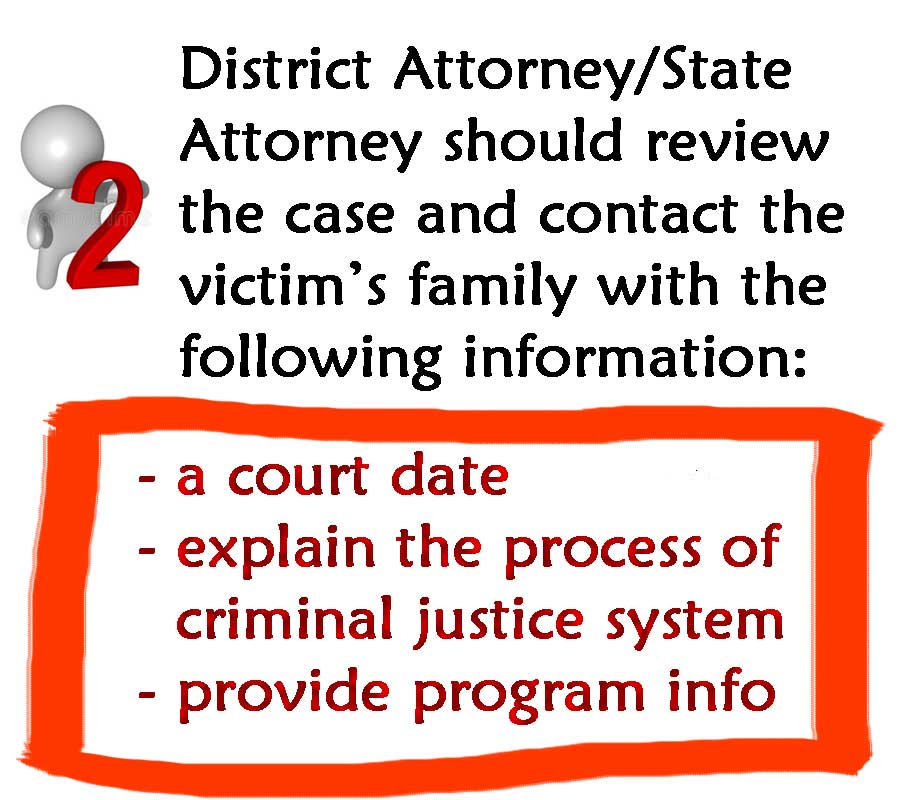
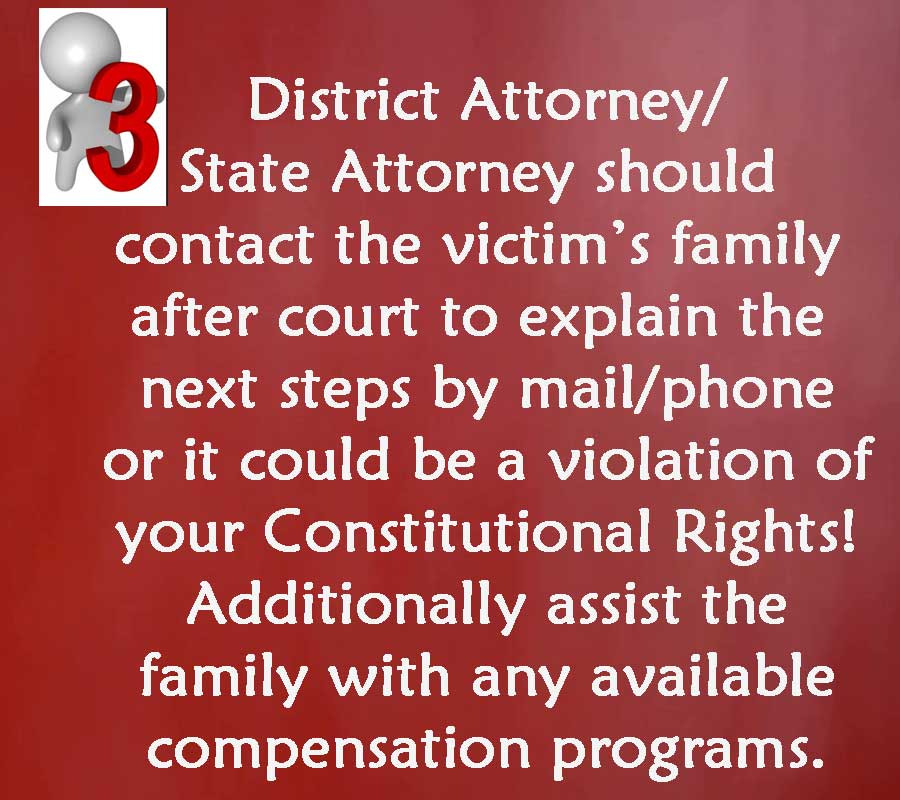
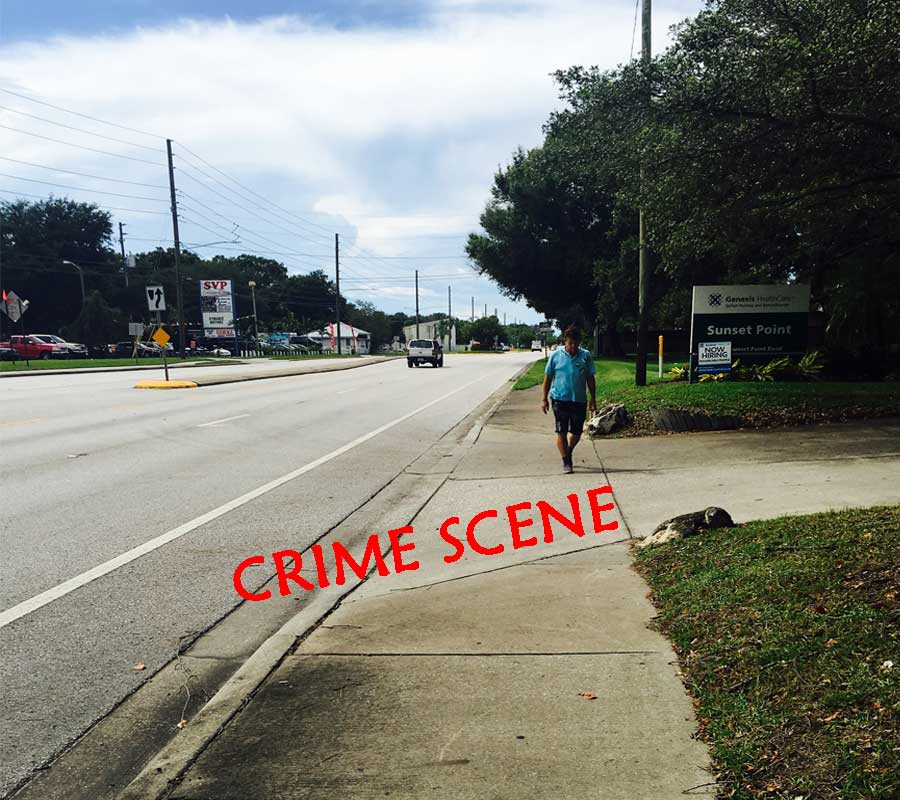
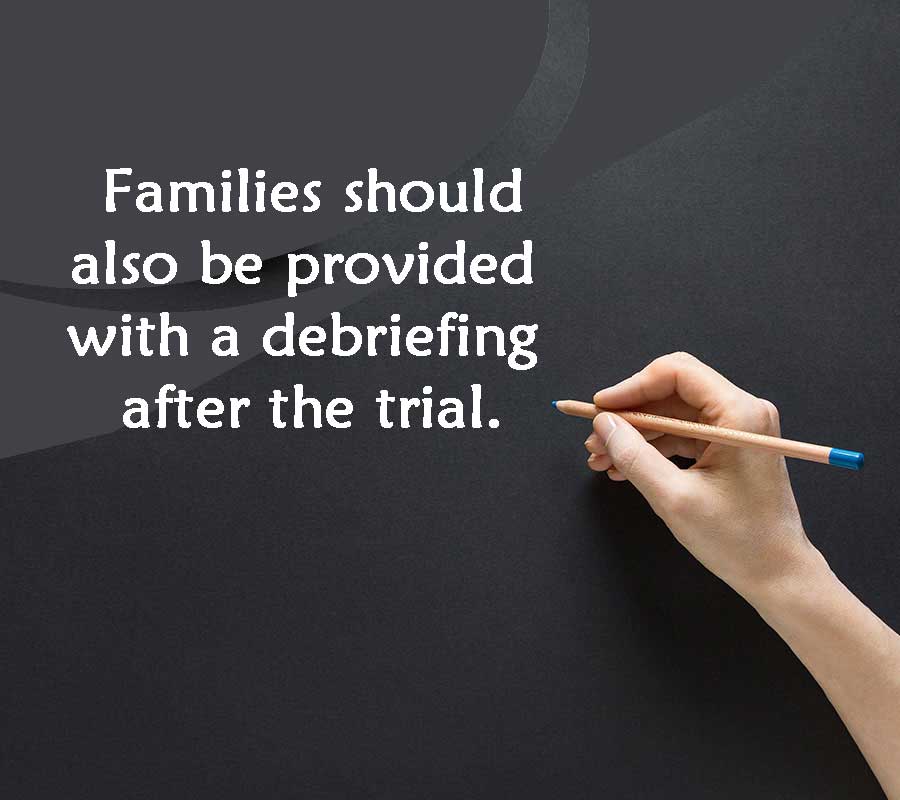
You are really inspiring us to look deeper into how we can support survivors and access more legal resources in their pursuit of justice!
You came to my rescue with encouragement and experience! Your FPF mission statement is powerful. I am so sorry! I know you will fight to the end.
This website was very informative and helped us navigate the system.
Fair Play Facts experience of having lived through this nightmare help support me tremendously.
Explains to you how all this mistaken information denounces pain.
This explanation helped our family through this very difficult time.
This should be a productive year as the DOJ liasons office has finally replied after 2 ½ years. My quest for an experienced Constitutional Attorney (federal) is on the list, as my state case, which I filed myself has been dismissed without prejudice. The State of Florida must be held responsible for their federal constitutional violating prosecutor’s actions.
My book will be out in the fall ~ Whispers from Beyond.
Please feel free to contact Fair Play Facts with any questions, concerns, or comments.